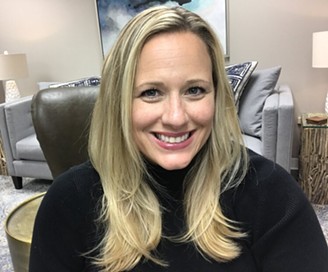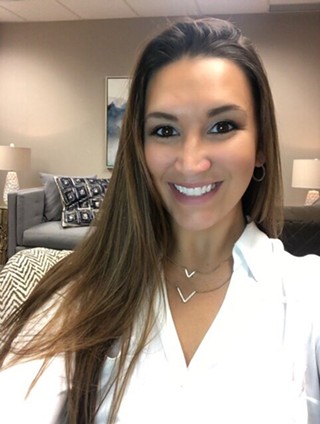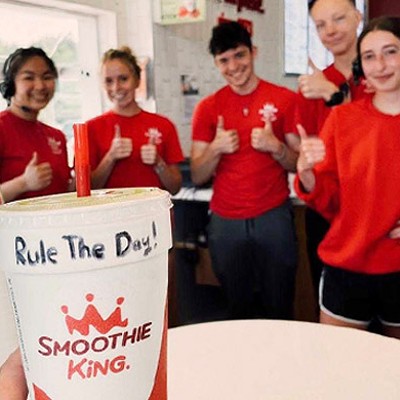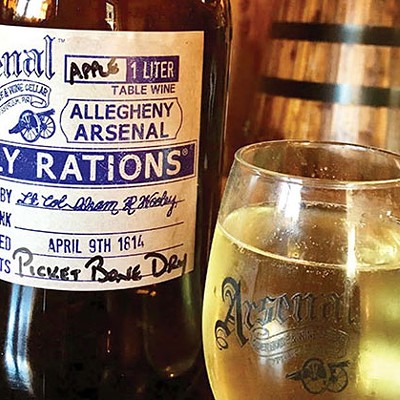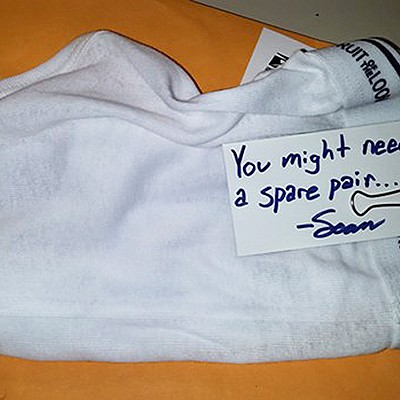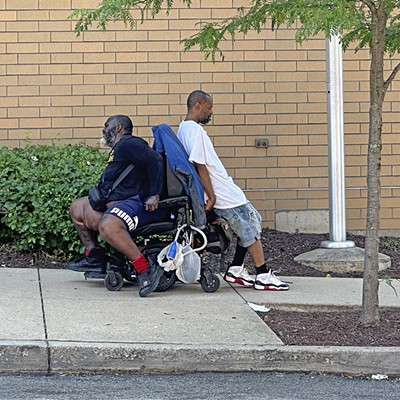Why every teenager could use dialectical behavior therapy
[
{
"name": "Local Action Unit",
"component": "24929589",
"insertPoint": "3",
"requiredCountToDisplay": "1"
}
]
Katherine Biggs and Liz Geandreau believe that all teenagers can benefit from dialectical behavior therapy (DBT), a type of cognitive-behavioral therapy that tries to home in on negative thinking patterns to make way for positive behavioral changes.
Usually, DBT is used with individuals dealing with self-destructive behaviors like eating disorders and substance abuse. The therapy, developed in the late 1980s by Dr. Marsha Linehan, was meant to treat borderline personality disorder, which is marked by personality changes, impulse control, and suicidal tendencies.
“It’s a joke among therapists that that’s what it's like being a teenager,” says Biggs. “It’s important for parents and teenagers to know that there is help out there.”
Both Biggs and Geandreau hold an advanced certification in DBT, which Biggs explained is a niche field in Pittsburgh. "There aren’t many practitioners that offer DBT-based therapy,” she says.
Starting in January of 2020, Geandreau will be offering a skills group for both teens and women at Biggs’ Wexford counseling practice space, Congruence Counseling.
“This group is different from other group therapy because this is like an educational group,” says Geandreau. “We’re not doing therapy in the time that we're together, I’m teaching them.”
Group members learn things like mindful eating, or TIPP, a distress tolerance tool that stands for Temperature, Intense Exercise, Paced Breathing, and Progressive Relaxation. The strategy helps change body chemistry in order to regain control over emotions and behavioral responses.
“One example of TIPP would be holding an ice cube and squeezing it in your hand as tight as you can until it completely melts,” says Biggs.
Anyone can join the group, but an initial intake session with Geandreau must be completed before to make sure the person is ready and right for the DBT. Specifically, they are looking for those who are having trouble regulating emotions on their own, like moving to drugs and alcohol, spending, or anything in excesses to deal with their problems.
Additionally, Geandreau will not give anyone a clinical diagnosis and can not become a therapist to anyone in the group, but will help participants find an outside therapist to fit their needs.
“DBT as therapy has lots of other pieces like individual therapy and phone coaching,” says Biggs. “We’re trying to offer this skills group because at baseline all teenagers can use these skills. These are good life skills to carry them through college [and beyond]. Hopefully, we’re distilling in them lessons that last a lifetime.”
Contact Congruence for more details.
Usually, DBT is used with individuals dealing with self-destructive behaviors like eating disorders and substance abuse. The therapy, developed in the late 1980s by Dr. Marsha Linehan, was meant to treat borderline personality disorder, which is marked by personality changes, impulse control, and suicidal tendencies.
“It’s a joke among therapists that that’s what it's like being a teenager,” says Biggs. “It’s important for parents and teenagers to know that there is help out there.”
Both Biggs and Geandreau hold an advanced certification in DBT, which Biggs explained is a niche field in Pittsburgh. "There aren’t many practitioners that offer DBT-based therapy,” she says.
Starting in January of 2020, Geandreau will be offering a skills group for both teens and women at Biggs’ Wexford counseling practice space, Congruence Counseling.
“This group is different from other group therapy because this is like an educational group,” says Geandreau. “We’re not doing therapy in the time that we're together, I’m teaching them.”
Group members learn things like mindful eating, or TIPP, a distress tolerance tool that stands for Temperature, Intense Exercise, Paced Breathing, and Progressive Relaxation. The strategy helps change body chemistry in order to regain control over emotions and behavioral responses.
“One example of TIPP would be holding an ice cube and squeezing it in your hand as tight as you can until it completely melts,” says Biggs.
Anyone can join the group, but an initial intake session with Geandreau must be completed before to make sure the person is ready and right for the DBT. Specifically, they are looking for those who are having trouble regulating emotions on their own, like moving to drugs and alcohol, spending, or anything in excesses to deal with their problems.
Additionally, Geandreau will not give anyone a clinical diagnosis and can not become a therapist to anyone in the group, but will help participants find an outside therapist to fit their needs.
“DBT as therapy has lots of other pieces like individual therapy and phone coaching,” says Biggs. “We’re trying to offer this skills group because at baseline all teenagers can use these skills. These are good life skills to carry them through college [and beyond]. Hopefully, we’re distilling in them lessons that last a lifetime.”
Contact Congruence for more details.


